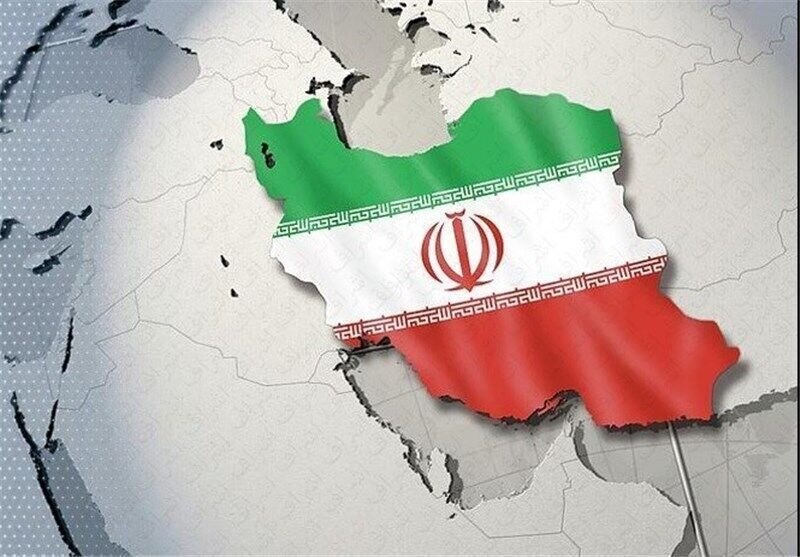Story of empathy: Iranian people open their homes and hearts

TEHRAN--In the days when the sound of explosions caused by the Zionist regime's aggression has been heard in some cities of Iran, not only the soil of Iran but also the hearts of Iranians have united, so that alongside the hardship and pain of the Zionist regime's blatant aggression against Iranian soil, national solidarity, with all its human manifestations, can once again emerge from the streets and homes.
According to IRNA, the story of these days is a narrative of the people, of the arms that were opened without hesitation and the tables that were spread sincerely. A narrative of the connection of Iran’s north with the south and the east with the west. The unity of the people with various dialects that has become a single voice throughout history following every aggression. Everyone knows that the conditions are not normal. But they have decided to show the most normal behavior in the most unusual situations. It is as if Iranian society had suddenly become a living and united body. The shopkeeper, the doctor, the teacher, the student, the housewife, all have found their role and no one is a spectator.
In a situation where the enemy was looking for division and fear, people moved the front line from the military front to the field of humanity with their behavior. Not with slogans, but with actions. With shared bread, open doors of homes, and hearts filled with love, hope, and empathy that stood together without borders.
From the first days of the aggression, in the northern regions of Iran, especially in Gilan and Mazandaran provinces, gardeners and farmers acted quickly.
An old man in a village in Babol County said, “Today, my house is the home of all the people of Iran, and it is not just mine.”
In Mazandaran, according to the official reports, about 20 ecotourism resorts were prepared to accommodate compatriots without any expectations. The owners of these accommodation centers said, “We always had tourists, now we have compatriots in need, and as long as we live, the door of the house is open.”
Moreover, in the green villages of Mazandaran and Gilan, rural houses with large courtyards were turned into emergency shelters. Families who saw stranded travelers or displaced people in sensitive areas did not hesitate. They handed over the keys of their homes to strangers who were familiar to them later.
In Rasht, Sari, Gorgan and Amol, gardeners opened their doors, carpeted their land and shared their homes. In central Iranian cities, from Yazd to Arak and Isfahan, eco-lodges that normally hosted tourists, became shelters for compatriots who had come from the south or west of the country to get away from the violence and take their children and wives to safety.
Iranian Red Crescent Society (IRCS), the Basij, and local associations also quickly entered the field. In some small towns, volunteers collected items such as drinking water, canned food, and hygiene items and distributed them directly to the displaced.
In many of these neighborhoods, local groups, in cooperation with charitable and public institutions, distributed forms among residents so that housing capacities could be quickly identified and introduced to those in need.
In some places, local councils took the initiative and distributed forms among families so that families with housing capacities and those in need of shelter could be quickly connected. Even in Tehran, with all its complexity, platforms were launched in cyberspace through which people announced the addresses of their homes and their reception capacities.
In stores, supermarkets, and bakeries, people shopped carefully. Everyone understood that excessive shopping meant empty shelves for someone else.
In Tabriz, a vendor wrote on the window: “Please do not buy more than two, the next customer might be a single mother.”
In Shiraz, groups of people drove their vans to the outskirts of the city and delivered basic goods. Their goal was clear: “No house should be left without bread.” In these behaviors, collective rationality manifested itself: buying in moderation, combined with a sense of social justice.
Gatherings also took on a new meaning. Gatherings were simple but powerful events. In cities like Mashhad and Qom, some people dedicated their homes to gatherings for conversation and hearing news, which took on a different atmosphere with the presence of guests from other cities.
Hot bread and brewed tea created a friendship that even bombs could not destroy. On nights when the sound of airplanes filled the ears, the murmur of prayers, the sound of the Quran, and children’s poetry reciting calmed the atmosphere.
These gatherings were not only psychologically soothing for the hosts, but also provided a space for social empathy: people from different generations, classes, and cities, sat together to distance themselves from “anger and anxiety” and step towards “hope and togetherness.”
This descriptive report paints a vivid picture of a vibrant community that comes together, regardless of differences, in the hope of a more peaceful tomorrow built in such a spirit.
